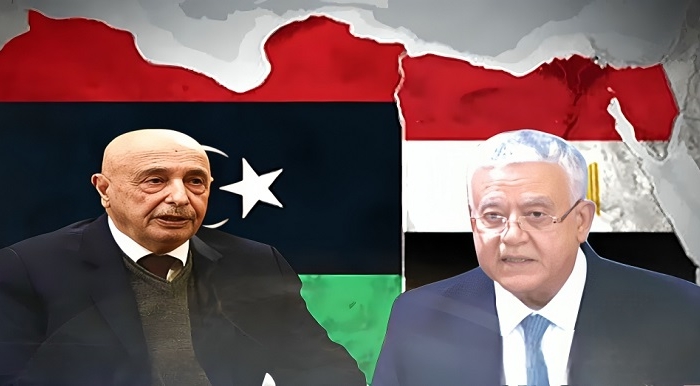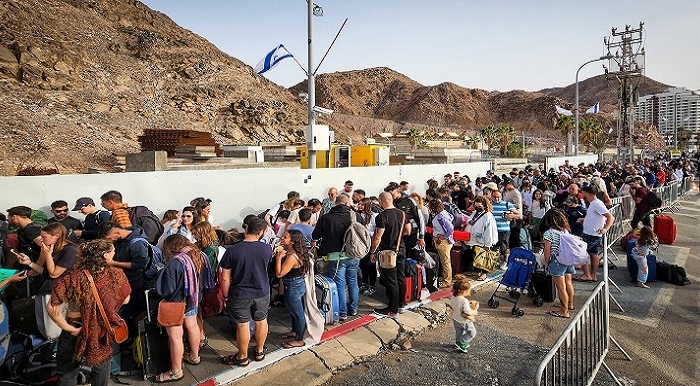recently surfaced video featuring Mohamed Sabry Suleiman, the Egyptian national accused of carrying out a Molotov cocktail attack at a pro-Israel gathering in Boulder, Colorado, has raised serious concerns among U.S. law enforcement and counterterrorism analysts.
In the video, Suleiman delivers a passionate monologue filled with religious references and symbolic language. While he does not explicitly call for violence, experts say the rhetoric closely mirrors themes found in jihadist propaganda, suggesting potential ideological radicalization.
Transcript of the Video:
My brothers and sisters, I want to say something to you. What is the most common thing we say every day in the Muslim world? The most common thing we say is, Allah is the Greatest. Allah is greater than everything. Allah is greater than the scales. Allah is greater than the weapons and weapons. Allah is greater than the number of the F-35s. Allah is greater than what is without us. Why should we fear what is beyond it? We do not fear Allah. Allah is greater than all things.
Why should we be afraid? We worship our Lord when He says to us, Be in the best of all things. How can I fear what is wrong? May Allah save the Earth from its death. How can I fear the provision of Allah and the Provider? In the Lord of Heaven and earth, for it is his right, as we are to be, to be saved from the wrong. Why would anyone live after the? I’m going to get rid of the beans. Allah says to us every day. Ten times. God is greater. Do not forget. God is greater. God is greater than everything. We are from Spain, America, Britain, France, Germany. God is the right to fear. God is the right to fear.”
Analysis: Is This a Call to Action?
While the video does not include an explicit incitement to violence or terrorism, it employs religious absolutism and anti-Western symbolism that can be interpreted as morally justifying violence. References to God’s supremacy over modern weaponry, specifically the U.S. F-35 fighter jet, may signal contempt for Western military power and resonate with audiences drawn to religious militancy.
Phrases like “Why should we be afraid?” and “God is greater than everything” are often featured in extremist rhetoric to inspire lone actors by framing acts of violence as divinely endorsed or righteous resistance.
Why Mention These Countries? Spain, America, Britain, France, Germany
Suleiman’s closing reference to a list of Western nations appears calculated, not coincidental. This type of enumeration is frequently used in jihadist messaging to imply a global ideological struggle or to appeal to sympathizers and potential recruits living in those countries.
It could also be interpreted as a statement of unity or solidarity across Western diasporas of Muslims or converts who perceive their own governments as complicit in global injustice.
Federal Investigation Ongoing
The FBI and Department of Homeland Security are examining whether Suleiman acted alone or as part of a broader network. Authorities are also analyzing the origin and date of the video, along with his online activity, communications, and any overseas connections.
Earlier this week, ICE (Immigration and Customs Enforcement) detained Suleiman’s wife and children, reportedly as part of broader immigration enforcement tied to his case.
Community Response
Community leaders in Colorado and national Muslim organizations have condemned the attack and emphasized that Suleiman’s views do not represent the broader Muslim community. At the same time, civil rights groups have called for caution to prevent the incident from fueling Islamophobic backlash.





